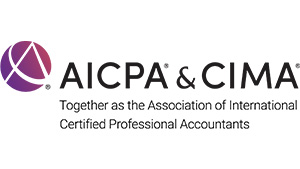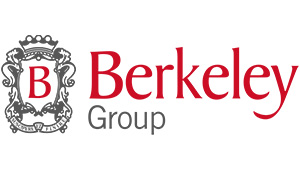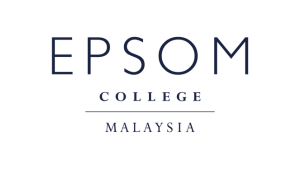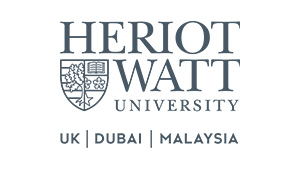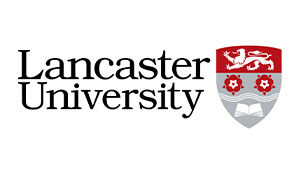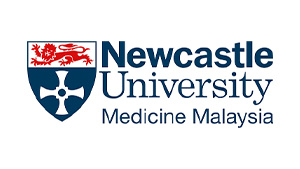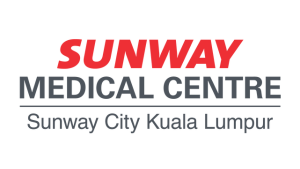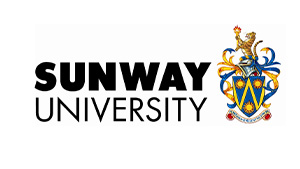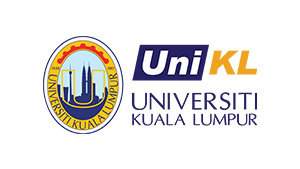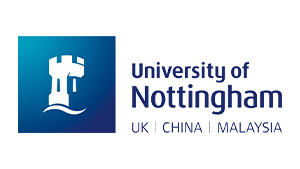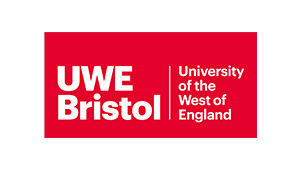Anthony Partington, CEO, XCL Education Malaysia


XCL Education Malaysia was founded in 2020 bringing together TPG-backed K-12 educational institutions in Singapore, Vietnam and Malaysia, with schools in Thailand joining the group last year. In Malaysia, XCL Education comprises 15 schools and more than 40 kindergartens in the Sri KDU Schools, REAL Schools and REAL Kids brands; there is a further XCL International School in mainland Penang. Though only formed four years ago, the schools and children’s centres in XCL Education have almost 40 years of experience in developing young people.
What are some of your organisation’s proudest moments/milestones in Malaysia?
Our largest campus, Sri KDU Schools Kota Damansara, recently celebrated its 20th anniversary. We have been able to celebrate the contributions of colleagues, some of whom have been with us since ‘Day 1’, and chart what our alumni have gone on to do after they studied with us. One such student is now a leader for Teach for Malaysia, a charitable organisation that seeks to recruit the best graduates to work in government schools and ensure equity irrespective of background. I was delighted when our schools chose to raise over RM100,000 to support their work as part of our celebrations.
Describe your operations and total investments in Malaysia.
XCL Education Malaysia is one of the largest education groups in Malaysia. We educate almost 11,000 students across seven campuses and over 40 kindergartens in Klang Valley, Johor Bahru and Penang. We employ 1500 people directly with many more employed by our third-party providers, who deliver catering, cleaning, security and resourcing services to our schools and our families.
Based on your overall experience of doing business in Malaysia, name the advantages and challenges of doing business in Malaysia.
For those like me, working overseas for the first time, Malaysia has many advantages: high-quality English as a lingua franca; many familiar values and similarities of culture between the UK and Malaysia; a highly educated, usually in the UK or through UK institutions and qualifications, and capable workforce; regulators who support and encourage work. Though challenges are few, the government’s impressive response to the pandemic meant that promoting Malaysia as a destination to work and learn, which is what the above really sets it up for, was difficult until relatively recently; for many, Malaysia is still relatively unknown.
What did you do or are still doing to overcome these challenges?
Together with other schools and education groups and through BMCC, we have been working hard with the government and its departments and agencies to ease the barriers to migration. Working together to promote Malaysia as a destination has also meant that the word is getting out there and investors and employees, as well as prospective students and their families, are waking up to the opportunities here.
How do you see your business growth and prospects in Malaysia now?
Malaysia seems poised to capitalise on its advantages to become a centre of excellence for education at all levels. The number and range of private and international schools and kindergartens present a challenge in terms of competition, but it also reminds and highlights that Malaysia provides the right conditions for educational institutions to flourish. Increasing number of domestic students and their families are looking to attain global opportunities through an international education. Whilst those in neighbouring countries in the region are recognising the agglomeration of talent and unique features that Malaysia has made it a preferred destination.
What are the top 3 reasons for your organisation joining the BMCC?
- Connecting with businesses to widen our student opportunities and forging corporate links to support student enrolment at our schools.
- Working with the wider chamber to promote Malaysia as a destination for expatriate teachers.
- Collaborating with other schools and education groups and government to align our priorities and so amplify our sector’s voice.
What is the top value you see for yourself or your organisation in being a member of the BMCC?
Championing and advocating for private and international schools serving the British-Malaysian community.
In one sentence, how would you describe your own experience or your organisation’s experience as a member of the BMCC?
Whether in connecting with the government and other members to widen our opportunities for our students, their families and our colleagues, the chamber helps us to promote Malaysia as a growing destination for learning and career development.

